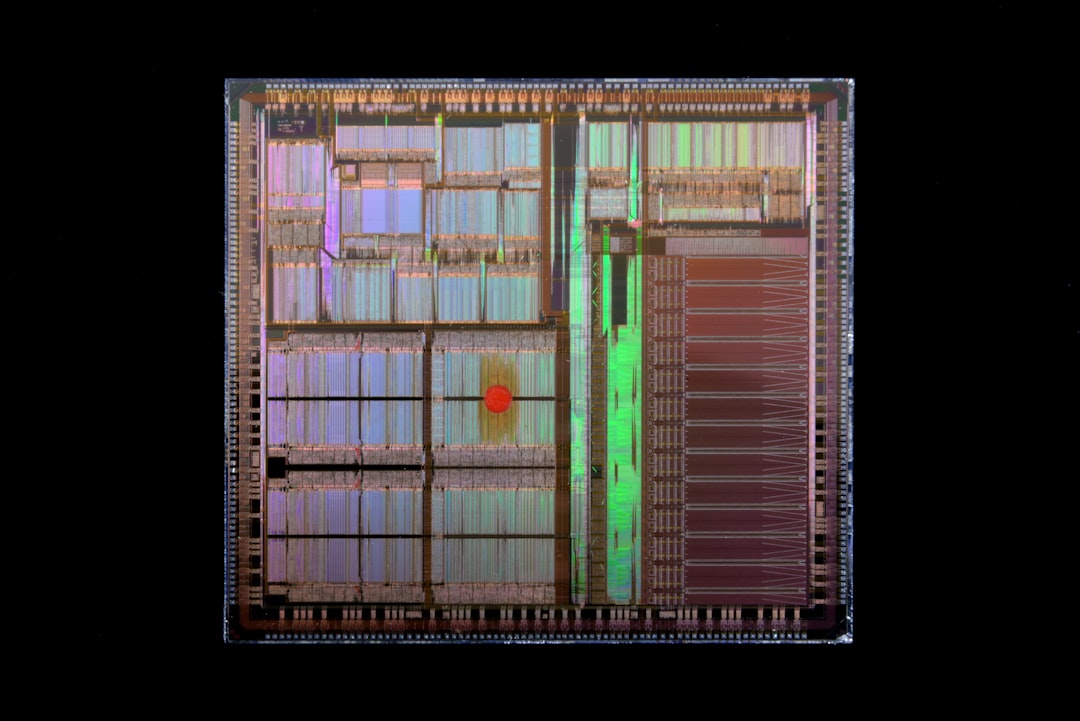What is it about?
This study presents an output-feedback control algorithm based on unit vector sliding mode for a class of multivariable systems. The control objective is to force each output signal to track a desired reference trajectory, while retaining good performance despite parameter uncertainties, unmatched disturbances and actuators faults that eventually may occur in the plant.
Featured Image
Why is it important?
Owing to the new approach proposed to tackle this problem, which involves a linear matrix inequality to be satisfied by the control distribution matrix, no upper bound on this matrix is required. Moreover, a remarkable result is that the proposed fault-tolerant controller can even handle variations in the order of the system dynamics. The analysis shows that the resulting closed-loop system is globally exponentially stable.
Perspectives
The control of a surface vessel is also presented. It is shown that the controller can be designed such that time-varying faults in the vessel's thrusters can be tolerated. A simulation example with a chain of trailers driven by redundant actuators illustrates the design and effectiveness of the proposed strategy even if severe actuator faults and an additional trailer is coupled or decoupled, which changes the order of the dynamic model.
Professor José Paulo Vilela Soares Cunha
Universidade do Estado do Rio de Janeiro
Read the Original
This page is a summary of: Output-feedback sliding-mode control for systems subjected to actuator and internal dynamics failures, IET Control Theory and Applications, February 2015, the Institution of Engineering and Technology (the IET),
DOI: 10.1049/iet-cta.2014.0395.
You can read the full text:
Contributors
The following have contributed to this page










